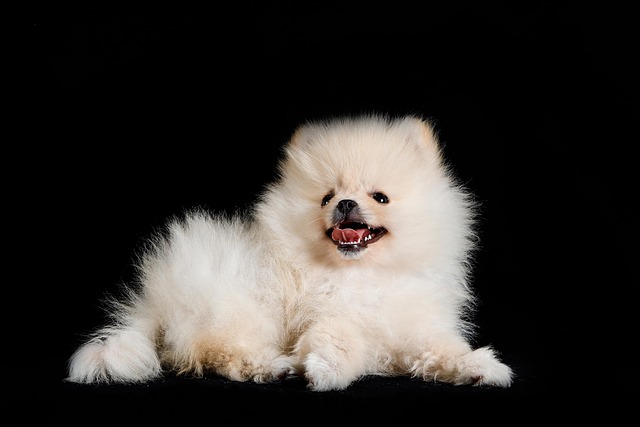
How to test for tetanus in dogs?
Tetanus in dogs often starts with subtle signs most owners miss—like a stiff jaw when grabbing a favorite chew toy or hesitation to climb stairs they once bounded up.
Dental disease in dogs isn't just about bad breath—it's a serious health concern that can lead to pain, infections, and even systemic issues if left unchecked. Many pet owners notice the obvious signs like yellowing teeth or reluctance to eat hard food, but by then, the problem may already be advanced. Early prevention is crucial because once plaque hardens into tartar, professional intervention becomes necessary. The good news? With the right approach, you can significantly reduce the risks and keep your dog's teeth healthier for longer.
Brushing your dog's teeth regularly and scheduling annual vet cleanings are the cornerstones of dental care, but they’re not foolproof. Some dogs resist toothbrushing, and even with perfect compliance, plaque can still build up in hard-to-reach areas. Dental chews and water additives help, but they’re often treated as supplementary rather than primary solutions. The reality is that preventing dental disease in dogs requires a more holistic strategy—one that considers lifestyle and diet as much as routine hygiene.
Surprisingly, everyday habits play a major role in canine dental health. Dogs that get plenty of exercise tend to have better circulation, which supports gum health. Chewing isn’t just instinctual—it’s therapeutic. The right toys, like rubber chew toys or specially designed dental sticks, can act like natural toothbrushes, scraping away plaque while satisfying your dog’s urge to gnaw. Hydration is another overlooked factor; dogs that drink enough water produce more saliva, which helps wash away food particles and bacteria. Small adjustments in these lifestyle factors affecting dog dental health can make a big difference over time.
What your dog eats matters just as much as how often their teeth are brushed. Dry kibble is often touted as better for teeth than wet food, but not all kibble is created equal. Some brands are formulated with dental health in mind, using textures that scrub teeth as your dog chews. On the flip side, sugary treats or sticky snacks can cling to teeth, accelerating decay. Raw bones are a controversial topic—while some swear by their plaque-scraping benefits, others warn of the risk of fractures or bacterial contamination. Dietary tips for dog dental care should focus on balance: high-quality, teeth-friendly foods paired with moderation in treats.
Integrating these changes doesn’t have to be overwhelming. Start by swapping out one unhealthy treat for a dental chew or adding a minute of toothbrushing every other day. If your dog dislikes brushing, try finger brushes or dental wipes as a gentler introduction. Keep fresh water available at all times, and consider a water fountain if your dog isn’t drinking enough. Rotate chew toys to keep things interesting—variety prevents boredom and ensures different angles of the teeth get cleaned. Preventing canine dental disease naturally is about consistency, not perfection.
Despite your best efforts, some dogs are simply more prone to dental issues due to genetics or age. If you notice excessive drooling, bleeding gums, or sudden changes in eating habits, it’s time to consult your vet. Regular check-ups can catch problems early, and professional cleanings may still be necessary even with excellent home care. A collaborative approach—combining vet expertise with daily prevention—gives your dog the best shot at a lifetime of healthy teeth. After all, dental disease is preventable far more often than it’s inevitable.

Tetanus in dogs often starts with subtle signs most owners miss—like a stiff jaw when grabbing a favorite chew toy or hesitation to climb stairs they once bounded up.

If you’re a new dog parent in the US—maybe you’re standing in your Ohio apartment’s pet store aisle, holding a bag labeled “senior dog food” while your 8-year-old Dachshund

If you’re a new dog parent to a senior pup in the US—maybe you’re standing in your Florida apartment’s pet food aisle

Pet owners often worry about hidden health risks for their dogs, and toxoplasmosis is one that flies under the radar for many—understanding how dogs pick it up is key to keeping them safe.

If you’re a new dog parent in the US—maybe you’re standing in your Chicago apartment, staring at your 7-month-old Poodle mix, Bella

Tetanus in dogs comes from bacteria entering open wounds—think a deep cut from a rusty fence nail during a walk, or a scraped paw from digging in contaminated soil.